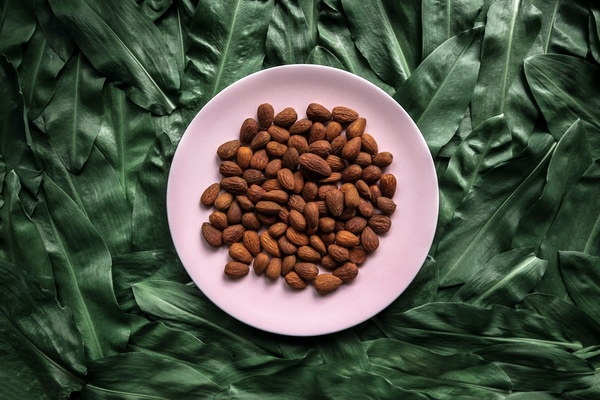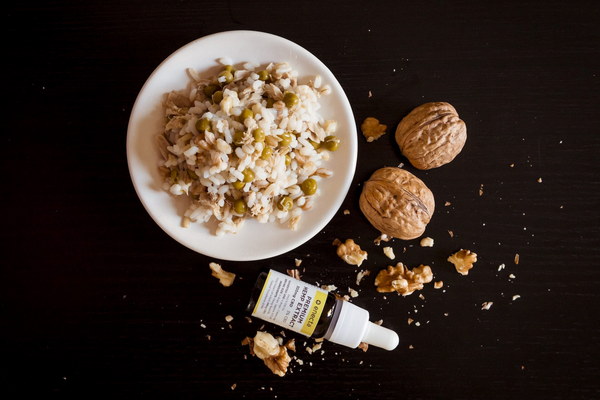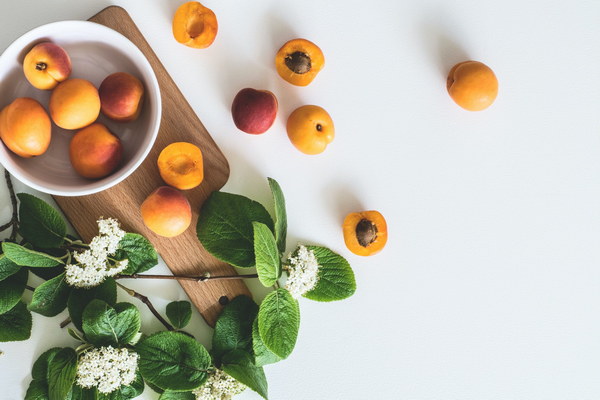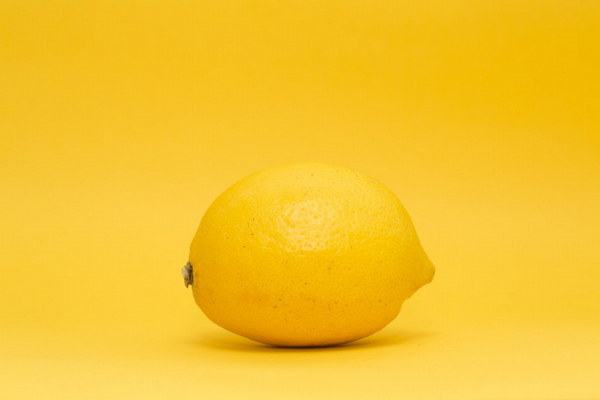Is It Safe to Drink Herbal Remedies for Dampness After Childbirth
Introduction:
After childbirth, many new mothers may experience various postpartum symptoms, including dampness in the body. Some may wonder if it is safe to drink herbal remedies for dampness after childbirth. In this article, we will explore the benefits and potential risks of using herbal remedies for dampness in the postpartum period.
1. Understanding Postpartum Dampness:
Postpartum dampness is a common condition that occurs after childbirth. It refers to the accumulation of dampness in the body, which can lead to symptoms such as fatigue, body aches, and poor appetite. Dampness is believed to be caused by the body's adjustment to the changes in hormones and metabolism after childbirth.
2. Benefits of Drinking Herbal Remedies for Dampness:
Herbal remedies for dampness are often used to alleviate postpartum symptoms and promote overall health. Here are some benefits of using herbal remedies:
a. Natural Ingredients: Herbal remedies are made from natural plant ingredients, which are considered safe for most individuals. They do not contain harsh chemicals or synthetic substances.
b. Alleviating Symptoms: Herbs such as Astragalus, Codonopsis, and Poria are commonly used to address dampness in traditional Chinese medicine. These herbs are believed to help reduce dampness, improve energy levels, and alleviate body aches.
c. Strengthening the Immune System: Some herbal remedies have immune-boosting properties, which can help prevent infections and support the immune system during the postpartum period.

d. Promoting Uterine Recovery: Certain herbs are thought to aid in uterine contraction and recovery, which can be beneficial for new mothers.
3. Potential Risks of Drinking Herbal Remedies for Dampness:
While herbal remedies for dampness have many benefits, it is essential to be aware of potential risks:
a. Allergies: Some individuals may be allergic to certain herbs, so it is crucial to consult a healthcare provider before starting any herbal treatment.
b. Interaction with Medications: Some herbal remedies may interact with other medications, particularly those taken for postpartum care. It is important to inform your healthcare provider about any herbal remedies you are considering to avoid adverse effects.
c. Quality and Safety: The quality and safety of herbal remedies can vary greatly. It is essential to purchase high-quality, reputable products from trusted sources.
4. Consulting a Healthcare Provider:
Before starting any herbal treatment, it is crucial to consult with a healthcare provider, especially if you have any pre-existing health conditions or are taking other medications. A healthcare provider can assess your specific situation and offer personalized advice.
Conclusion:
Drinking herbal remedies for dampness after childbirth can be beneficial for many new mothers. However, it is essential to consult with a healthcare provider to ensure safety and avoid potential risks. With proper guidance, herbal remedies can help alleviate postpartum symptoms and support overall health during this critical period.









